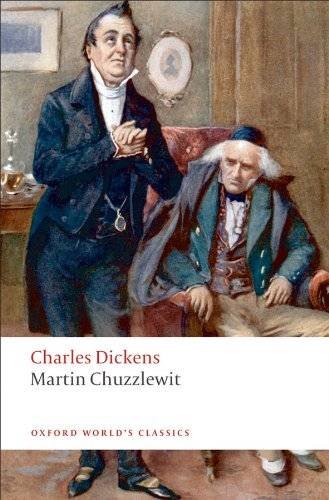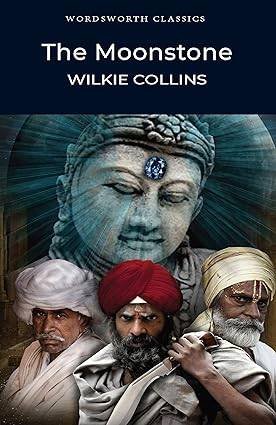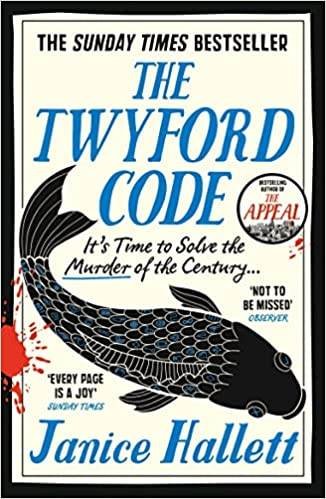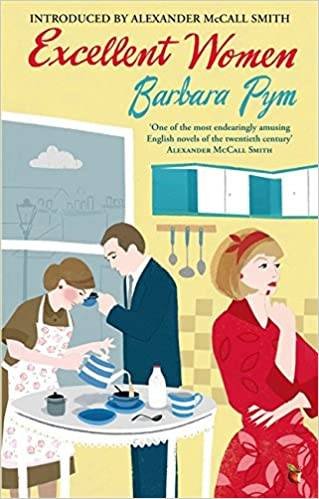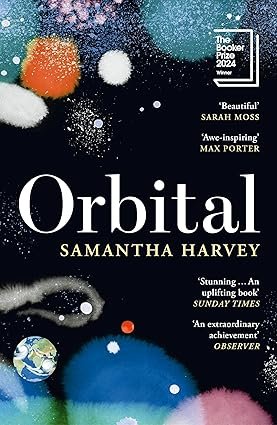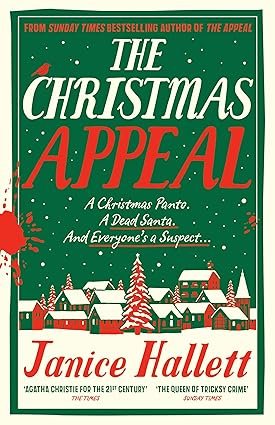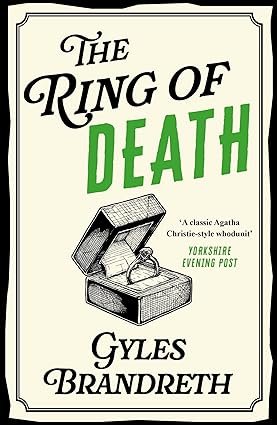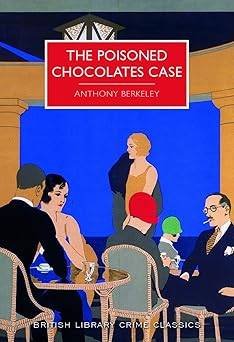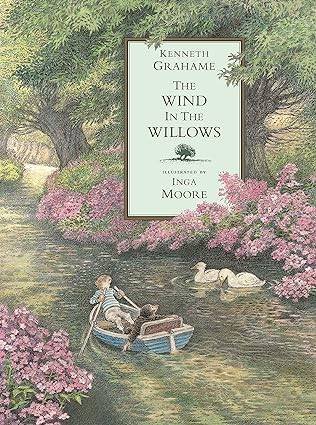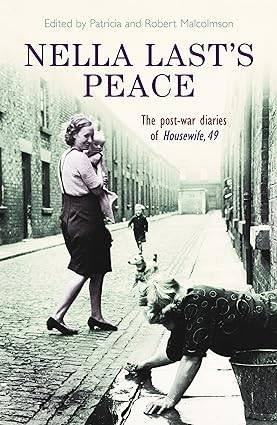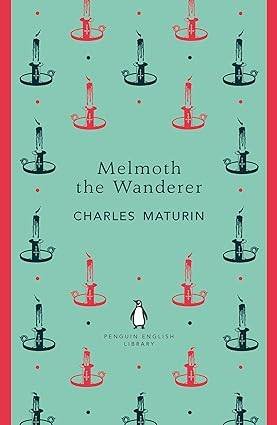Home » Book Reviews » Barbara Pym » The Sweet Dove Died by Barbara Pym
Possible spoilers ahead
I adore Barbara Pym’s writing! I’m reading a couple of her books at the same time (this one and Excellent Women) but whereas the Excellent Women book is set in the 1950s (which seems the kind of natural fit timewise for her books, I think, with the politely restrained mild spinsters from that time), I see this book was written in the late 1960s and published in the 1970s which makes me wonder if it will feel different being set in that later time. Grab your copy and let’s read it together!
Humphrey Boyce, the owner of an antique shop, and his nephew James who works for him, meet Leonora Eyre, who they both find attractive as she is in-between their ages, Humphrey being nearly 60 and James being 24 and she being in her late 40s. Leonora is content in her single life, though enjoys the company of her several elderly male admirers, and she doesn’t have to work as she has been left money by her parents. She sometimes dines with her friend, Meg, who brings along her protege, Colin, who is aged about 20 and is gay. Leonora doesn’t really like Colin or his friends, and doesn’t understand why Meg cares for Colin and makes sacrifices for him. Leonora sees both Humphrey and James again, though spends much more time with James and he confides in her and she gently teases him. James then meets Phoebe at a party and they begin a relationship, although he doesn’t tell Leonora about Phoebe. Hmmmm, I don’t really like Leonora, so I think I am struggling with this book a little. She is snobby and judgemental and selfish, whereas I’m more used to feeling a little sorry for her main female character whilst also being amused by their often wry comments. Leonora also isn’t the narrator, whereas in Excellent Women (which I’m also reading) the main character, Mildred, is the narrator and I feel I therefore know her more, whereas with Leonora not being the narrator I think I therefore feel more distant from her. It is clever how the author displays Leonora’s character so clearly though, just from a few thoughts expressed by her, so the author doesn’t need to state that Leonora is selfish and uncaring towards others, it is just so beautifully demonstrated by the thoughts and words that the author chooses to give her. I am unsure what kind of a relationship both James and Leonora are hoping for from each other. Leonora does seem to care what James thinks of her, more than she cares about the opinion of her other admirers. And James also seems to be getting more snobby and judgemental, which I’m not sure if is due to Leonora’s influence or if these character traits of his are just becoming more apparent as we get to know more of him, but I’m wondering if he is with Phoebe because he enjoys being more elegant and attractive and superior than her, much like Leonora feels with her women friends (it is stated that Leonora had ‘little use for the cosiness of women friends, but regarded them rather as a foil for herself, particularly if, as usually happened, they were less attractive and elegant than she was’, tee hee, so nasty but so amusing!). But I am also wondering what choice James is going to make regarding the person he wants to spend time with, ie either Leonora or Phoebe, as the different aspects of his character seem to be reflected in both Leonora and Phoebe, he clearly admires the elegance of Leonora (and Phoebe’s lack of this elegance then exasperates him) but he also seems to feel in awe of Leonora and not fully comfortable around her (whereas he seems to relax around Phoebe). However, there also seems to be a hint that James could have relationships with men, as he was propositioned but the characters were interrupted before we heard what James’ response would have been, and Humphrey (James’ uncle) also seems to have doubts about James’ sexuality, and it seems to be implied he had a relationship whilst abroad with a man called Ned. I wonder what readers at the time thought of this potential homosexuality. But, as ever with this author’s books, the characters are so beautifully drawn and written in such an in-depth manner, and yet still allowing space for the reader to wonder about their aims and how they will end up.
Phoebe comes to the antique shop while James is away, and Humphrey later delightedly informs Leonora that James has a girlfriend. Leonara manages to conceal her hurt feelings infront of Humphrey but is upset and shocked when alone. She decides that James will live in the newly vacated flat in her building on his return from his travels, without consulting him about this, and she gets his furniture out of storage and puts it in this flat, also taking back the furniture he had lent to Phoebe, which also allows her to see what Phoebe looks like. Omg, this seems a bold move, to basically change James’ address without consulting him, I wonder what he will think of that! And I’m getting more and more intrigued with just what Leonora is hoping for with James. She doesn’t seem to want anything physical with James, though she did briefly let herself wonder about them being quietly married, she seems to care about him quite deeply, very differently from her other admirers like Humphrey who she seems to keep around her so that they can flatter her and make her feel good about herself. I wonder if it started off like this with James too but has now progressed further (with her also being unprepared and unaware of it) to her almost needing him. Or are her feelings for James actually motherly (rather than potentially as a partner or wife), but she doesn’t realise so? She doesn’t seem a particularly motherly person, but I feel we are gradually getting to see a different side of her, and even perhaps that she is beginning to see a different side of herself (whether she likes this or not!). And, even though I don’t like her, I am beginning to feel a bit apprehensive of her being hurt, as she seems now to have allowed herself to be vulnerable (perhaps for the first time) as she’s let someone affect her cool and calm exterior, so I worry for her that she is opening herself up to possible pain. She did definitely seem vulnerable at one point, when James was about to go away travelling for several weeks, as she felt old and lonely and was actually crying when alone, which I imagine she has rarely (if ever) done before. And of course, there is now Ned in James’ life too, so what does James feel about Leonora and Phoebe and Ned and what is he looking for from each of them and who will he choose to be with in the end? He is obviously physically attracted to Phoebe as he’s slept with her, but now there’s Ned in his life I’m wondering if Phoebe was just a front to convince himself he wasn’t really attracted to men. Phew, his life seems very complicated! Hmmm, it’s all very intriguing, and again I am just blown away with the wonderful writing, how the author gets me to care for characters that I’d have said at the beginning of the book that I really don’t much like!
Ned comes to Leonora’s flat. She immediately feels on her guard and views Ned as more of a threat than Phoebe ever was, and that he ‘wanted to take James away from her’ but she also feels that ‘she was not going to let him’. Ned quotes a poem to her called The Sweet Dove Died, which is about a dove being tied by the poet’s own hands, and the poem makes Leonora uncomfortable as she senses that Ned is implying that this is what she is doing to James, though she tells herself this is ridiculous. She tries to regain control over the situation by suggesting that all three of them go out together, but when they do she increasingly feels like the odd one out. Meanwhile Ned is urging James to break away from Leonora, and James is acting on this as he has lied to Leonora several times saying he is busy and can’t see her. Ned also convinces James to move out of the flat in Leonora’s building and James is nervously thinking how to tell her he is moving out when Humphrey offers to tell her for him, which James eagerly accepts. Oh dear, I fear Humphrey has ulterior motives for this seemingly kind offer, as he also wants to put a distance between James and Leonora so he can then spend more time with her himself. And wow, Ned coming to Leonora’s flat really seemed like he was claiming possession of James to Leonora, that felt like a very powerful statement he was making! And I was interested in the poem and this being where the title of the book came from, as I had been intrigued by the unusual title. I love the hidden layers of meaning in this book, it is just so clever, I find I read a couple of chapters and enjoy it on that first level and then I go back over those chapters again and notice the in-depth subtle meanings that I might have missed the first time, and often some exquisite phrasings. She really is an incredible writer!
Leonora is shocked and upset and hurt at the news that James is moving out of the flat, and goes to stay with friends for the weekend when his furniture is removed. James also phones and visits her far less, and she eventually realises that she has been completely dropped by him. Ned then begins to get bored with James and cheats on him with other men and sees him far less and doesn’t answer his calls. Hmmm, this is clever, as James is now obsessing with what Ned is doing and who he is with, much like Leonora was obsessing about James. I wonder if the author is demonstrating that strong confident people who are also quite cold and controlling, can also be vulnerable and hurt, and how this then changes them and even perhaps (I hope!) makes them aware of how they may have hurt others in the past.
Now Leonora is feeling more vulnerable and unhappy herself, she begins to feel less contempt and scorn for other women and is able to empathise with them a little, and she even breaks down in tears infront of her friend when she is asked about James. She also now doesn’t like being on her own as much as she previously did as she feels that the time drags, and she even considers getting a job or doing voluntary work and she becomes obsessed with cleaning and rearranging the ornaments in her flat. Hmmm, it’s interesting seeing Leonora act like this (although it makes me sad) as she seems now to be acting similarly to her friend Meg with her agony over her protege Colin, whereas Leonora had previously scorned Meg for having those feelings.
Ned prepares to go back to America and comes to tell Leonora that James has acted badly by cutting her off and that he himself was shocked to discover this, and urges her to forgive James and take him back. Ned is quite cruel during this conversation, almost taunting Leonora to see if she will break down in tears, but Leonora is strong throughout and doesn’t agree or disagree to forgive James or to see him again. Hmmm, I am wondering at this point (so close to the end of the book) quite how I want it to end, would it actually be a happy ending to have Leonora and James back together again (even though I suspect this is what Leonora wants, and part of me is keen for her to be happy), would they be happy together and have a different relationship from before and appreciate each other after they have both been hurt, or would they both just regress back into their former habits with Leonora becoming scornful and dismissive of people again and James finding someone else and hurting Leonora again? Or maybe the happy ending is that Leonora does not take James back and is alone but is now stronger, and she is also able to appreciate people more and be less scornful of their vulnerabilities after feeling vulnerable herself. But I’m also wondering (throughout all my probably pointless speculation!) whether James would actually ask Leonora to take him back, if he would be willing to appear vulnerable to her like that, and also whether Leonora would have the strength to reject him if he did?
James visits Leonora and apologises. She tells him that she forgives him, but she is constrained with him and says she doesn’t know where they go from there. He leaves her flat as Humphrey arrives with some flowers and to take her out. The final words of the book are Leonora thinking that the best flowers are ones you have bought for yourself. Arrrgh, so we don’t actually get a resolution here, does Leonora accept James back in her life again or not? Does her going out with Humphrey mean that she is going back to her old shallow ways of having elderly male admirers who make her feel good, or is she debating having a relationship with Humphrey as she now appreciates how constant he has been and realises that settling down with someone like this (rather than someone younger and glamorous) would be a better fit for her? Or has she decided to be alone but will keep in mind what she’s learnt and will now treat people better? Does her thinking about the flowers give an indication of her plans, she says the best flowers are ones you have bought yourself so is this a sign that she has recognised she is better off alone and independent and making choices to please her tastes?
I did very much enjoy this book, but I think perhaps not quite as much as her books set in the 1950s, there seems slightly less witty turns of phrase in this book and at times the later world the author is writing about feels a little strained to read. I wonder if all the later books she wrote were set in the 1960s and 1970s, or if it was just this one and the rest are set in the 1950s, it will be interesting to compare more of hers from each period. There were quite a few times I did chuckle out loud, however, mostly involving Humphrey who seems a mix of foolish naivety and to be quite comical, he is described as having the ‘desire to do good without too much personal inconvenience’, tee hee, and I loved him saying “You can get a train from Sloane Square, I believe”…with the vagueness of one who never uses public transport’, and also “Not smoked Parma ham”…a colleague of his had had an unfortunate experience with it’, tee hee, the exoticness of smoked Parma ham! And there were some lovely other lines that I had to jot down in order to savour and remember, such as a character heading ‘straight home to gloat over my enchanting little book’ (how idyllic that sounds, and how familiar a feeling!), and “Are you any good at gardening?” she asked, “No”, he said quickly, seeing himself having to mow the lawn’, and the description of a restaurant that had ‘a spurious air of distinction…as if exotic concoctions were being created at the tables when it was often no more than a portion of frozen peas being warmed up’, omg, that did make me laugh!
So, as I said, I am currently also reading and very much enjoying (and slightly preferring by comparison!) her earlier book Excellent Women, and am about to pick up No Fond Return of Love, so I am tempted to try some of her later books also in order to see if she goes back to setting her stories in the 1950s or keeps them closer to the time she wrote the books in, I see A Few Green Leaves, and An Academic Question are later ones that she wrote so I will aim to purchase and read these. A friend has also lent me Small Pleasures by Clare Chambers, as she knows my love of Barbara Pym and feels that Clare Chambers writes in a similar style to her, so I’m intrigued to try this book also.


